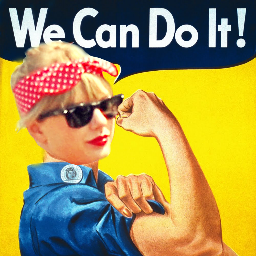Unsurprisingly, it is pretty difficult to stop a man intent on murdering his wife.
Though such men show warning signs by physically abusing, stalking, and raping their victims before actually killing them, it isn’t always as easy as it would seem to differentiate between the true killers and the domestic abusers.
Massachusetts has devised an effective system to determine just that, as well as manage the individual situations so that fewer women are harmed.
They do it by first assessing and rating each man based on how aggressive and dominating he is. The men who score high on this scale are monitored more closely, and their victims receive additional resources.
Domestic abuse is so nasty because abusers intend to make their victims feel as though they will never escape from the abusers’ control. If the victim attempts to move on from the relationship, she faces being stalked by the abuser as well as violence toward herself or her children.
The Massachusetts system takes the power back from the abusive men and flips the situation. If an abuser is acting up, Massachusetts can restrict his ability to see his children, monitor and limit his freedom with a tracking device, and if his abuse continues, jail him or put him into a psychiatric hospital.
Massachusetts does to abusive men what they have been doing to their victims. Like their victims once did, the abusers must now monitor their behavior because someone more powerful is watching.
It seems one would be hard-pressed to come up with a more effective and poignant way to combat domestic abuse and homicide. Nicely done, Mass!
From the XX Factor: Massachusetts’ Simple Solution for Preventing Domestic Homicide

![Image of [PREORDER] 'Feminism is the Radical Notion' Charity Tank Top](https://i2.wp.com/cache1.bigcartel.com/product_images/116929539/300.jpg)
![Image of [PREORDER] Tri-Blend 'A Woman's Place' Tank Top](https://i0.wp.com/cache0.bigcartel.com/product_images/113509662/300.jpg)

